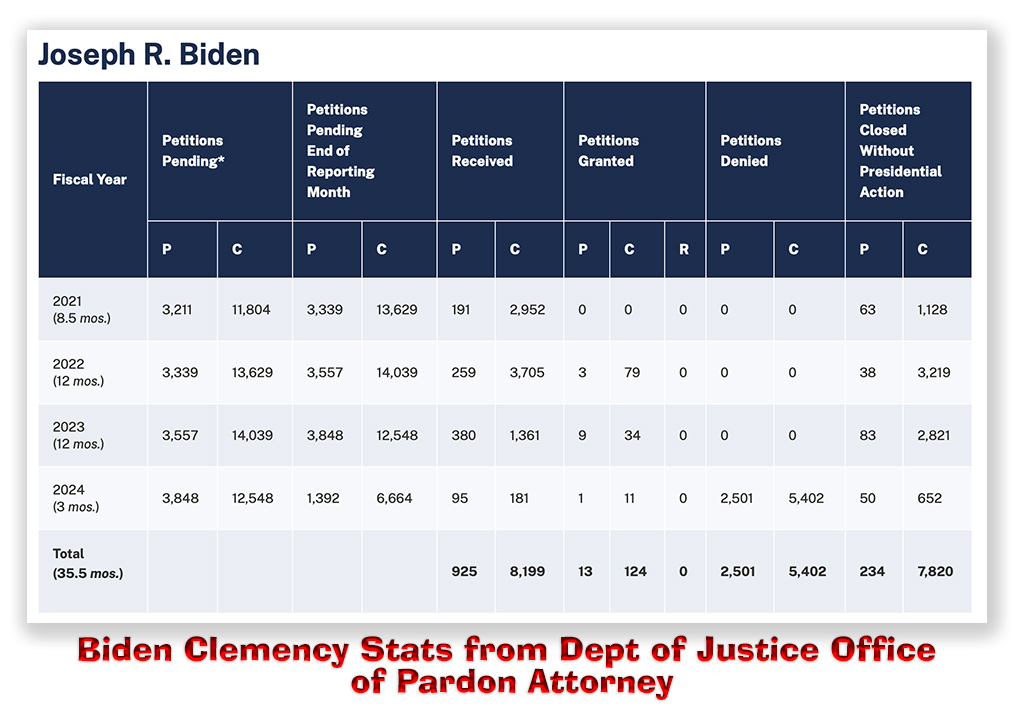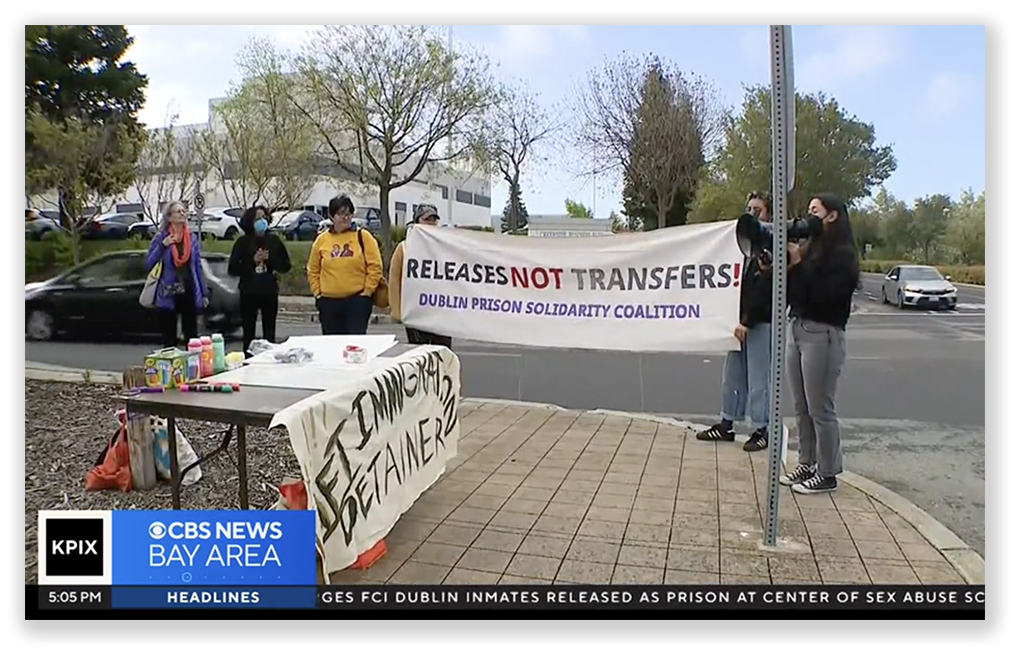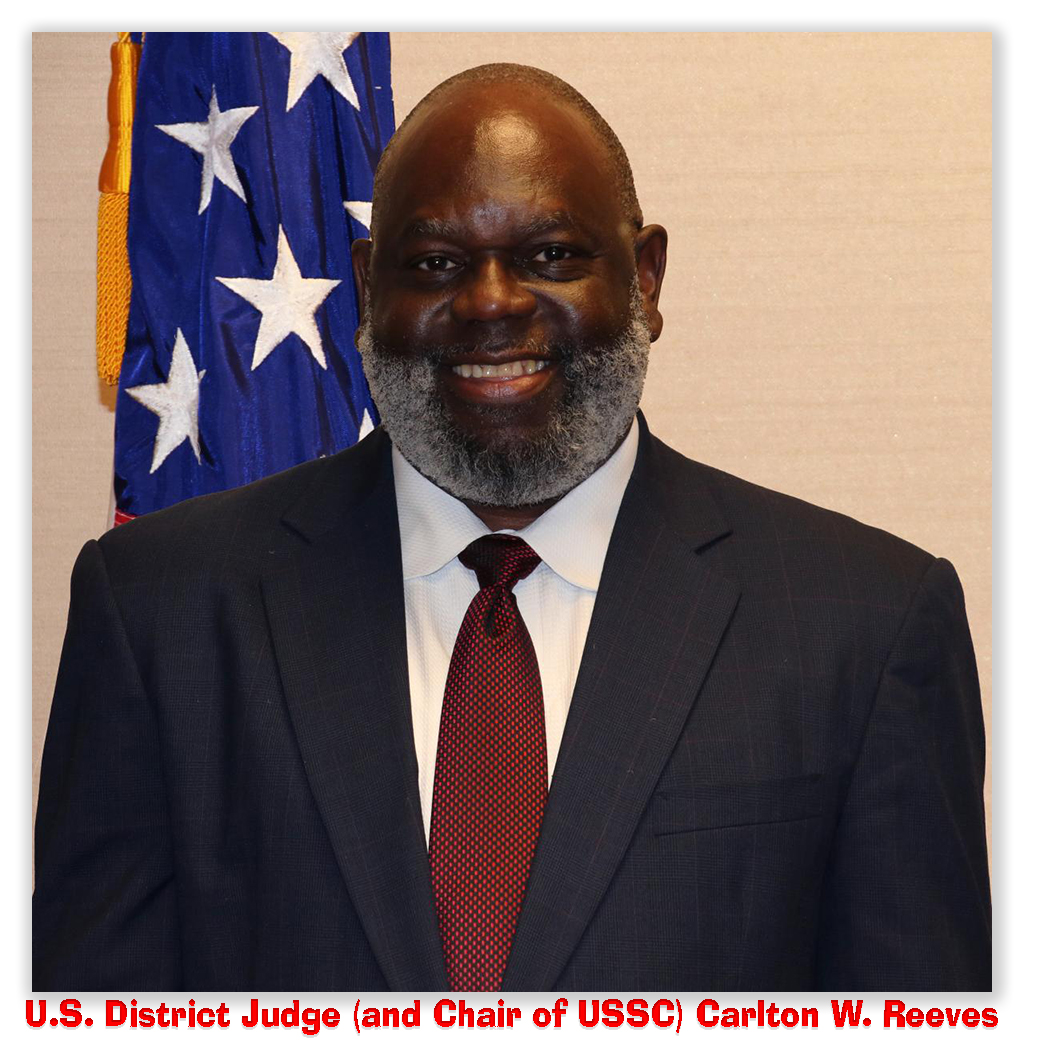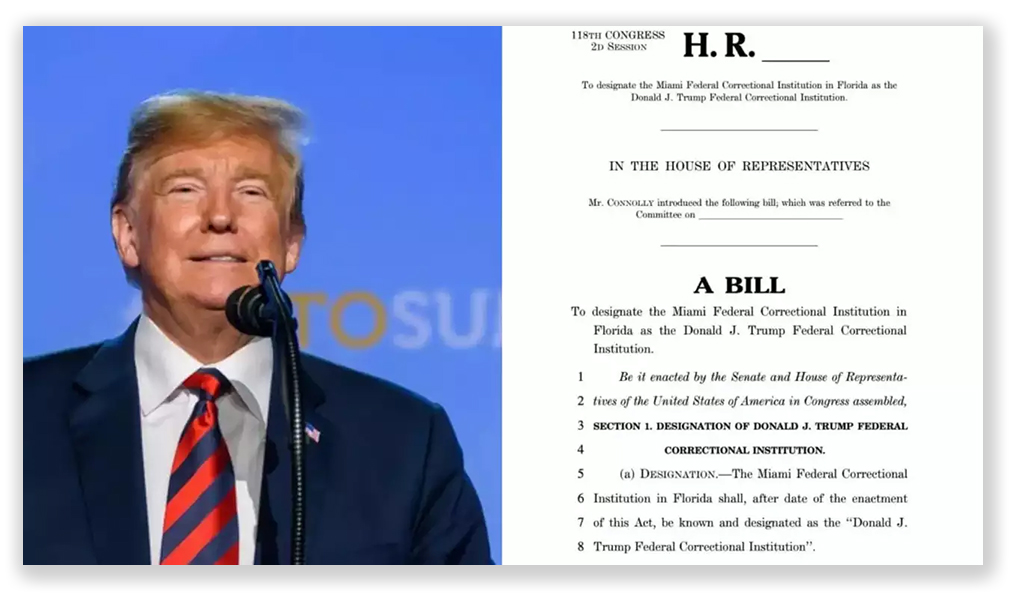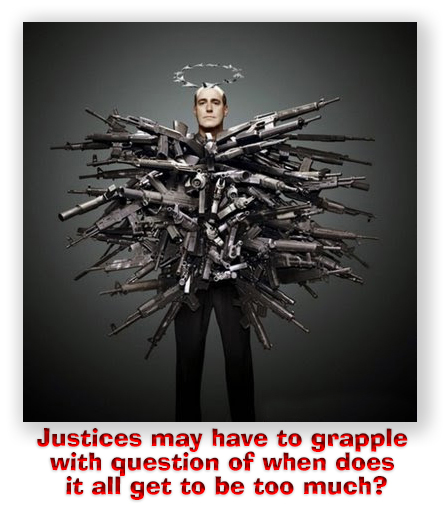We post news and comment on federal criminal justice issues, focused primarily on trial and post-conviction matters, legislative initiatives, and sentencing issues.

CLARITY 1, DEFENDANTS 0
When I reported last week on the Sentencing Commission’s amendment proposals for 2024, I failed to mention its proposed change to the new USSG § 4C1.1, the criminal history guideline for the zero-point reduction.
 Under § 4C1.1, someone with no criminal history points is still Criminal History Category I but gets a 2-level reduction in his or her offense category. The Guideline has a list of conditions: no guns, no sex crime, no violence, and more. Condition 4C1.1(a)(10) requires that “the defendant did not receive an adjustment under 3B1.1 (Aggravating Role) and was not engaged in a continuing criminal enterprise, as defined in 21 USC § 848.”
Under § 4C1.1, someone with no criminal history points is still Criminal History Category I but gets a 2-level reduction in his or her offense category. The Guideline has a list of conditions: no guns, no sex crime, no violence, and more. Condition 4C1.1(a)(10) requires that “the defendant did not receive an adjustment under 3B1.1 (Aggravating Role) and was not engaged in a continuing criminal enterprise, as defined in 21 USC § 848.”
If you stayed awake in high school English, you will read this as excluding people from the beneficial reduction if they both got a § 3B1.1 aggravating role and were convicted of an 848 continuing criminal enterprise (shorthand for a drug-based racketeering enterprise). That universe would be populated by a pretty small number of people.
The government naturally has argued to courts that the condition doesn’t mean that at all. Instead, the government says “and” really means “or.” That is, if you got a 2-level, 3-level or 4-level enhancement for being either a leader or an organizer or a supervisor or a manager of the criminal activity–the so-called aggravating role adjustment–you could not benefit from the zero-point reduction. Likewise, if you were convicted of a § 848 continuing criminal enterprise–regardless of how you might have been scored for a § 3B1.1 leadership enhancement–you were disqualified.
 The district courts have largely agreed with the government. We should hardly be surprised. About 18,700 people were sentenced for federal drug offenses in Fiscal Year 2023, but a vanishingly few of those (seven defendants) were convicted under the drug kingpin statute (21 USC § 848). About 6.3% of the 18,700 sentenced prisoners received a § 3B1.1 aggravating role adjustment (just under 1,200 defendants). As you can imagine, the intersection of the 1,200 people who got aggravating role adjustments and the seven with § 848 convictions amounts to no more than a rounding error.
The district courts have largely agreed with the government. We should hardly be surprised. About 18,700 people were sentenced for federal drug offenses in Fiscal Year 2023, but a vanishingly few of those (seven defendants) were convicted under the drug kingpin statute (21 USC § 848). About 6.3% of the 18,700 sentenced prisoners received a § 3B1.1 aggravating role adjustment (just under 1,200 defendants). As you can imagine, the intersection of the 1,200 people who got aggravating role adjustments and the seven with § 848 convictions amounts to no more than a rounding error.
What’s more, the Supreme Court just interpreted an “‘and’ means ‘or'” case a month ago, and concluded that in the 18 USC 3553(f) drug “safety valve,” similar stilted language to that employed in Condition 4C1.1(a)(10) should be read so that “and” really is disjunctive, meaning “or.” See Pulsifer v. United States.
Admitting that the current 4C1.1 condition 10 has created “confusion,” the USSC has now proposed breaking condition 10 into two conditions, so it will read:
(10) the defendant did not receive an adjustment under § 3B1.1 (Aggravating Role) and;
(11) the defendant was not engaged in a continuing criminal enterprise, as defined in 21 USC 848.
 Like the other proposed amendments, this change is intended to be effective in November.
Like the other proposed amendments, this change is intended to be effective in November.
I apologize for not mentioning this last week. I was too hasty and inattentive. In this case, my “and” probably means “or.”
USSC, Amendments to the Sentencing Guidelines (Preliminary) (April 17, 2024)
USSC, FY 2023 Sourcebook of Federal Sentencing Statistics
Pulsifer v. United States, 144 S.Ct. 718, 218 L,Ed,2d 77, 2024 U.S. LEXIS 1215 (March 15, 2024)
– Thomas L. Root









